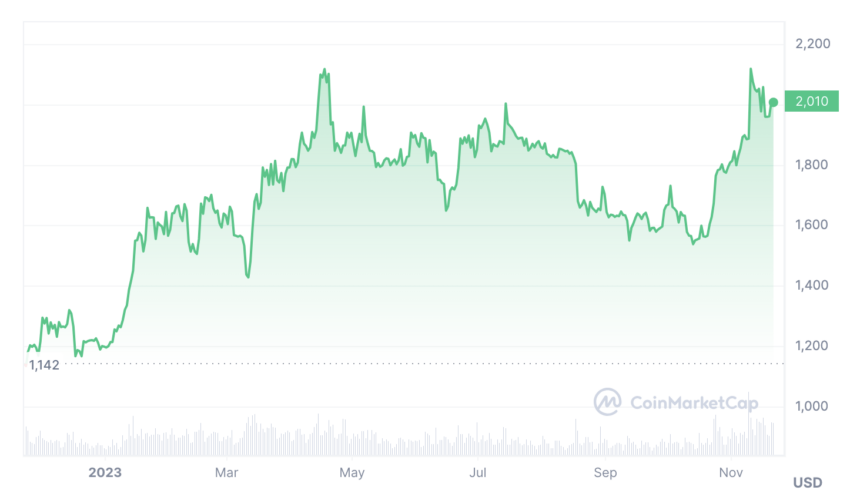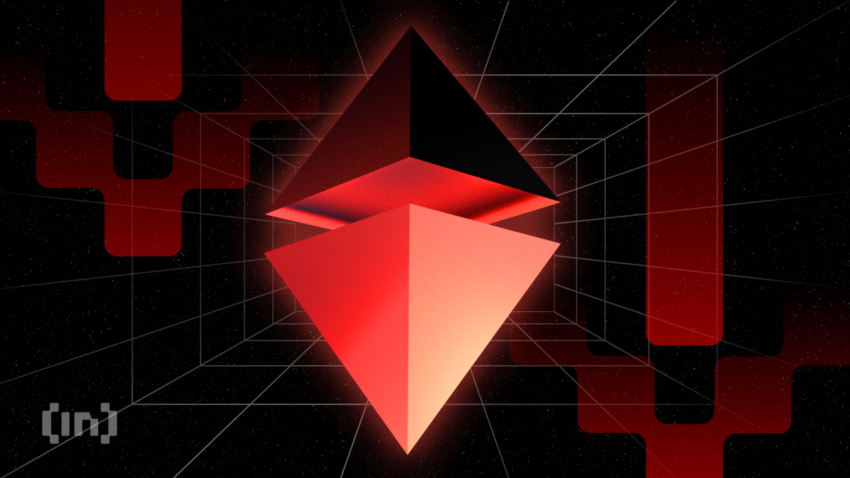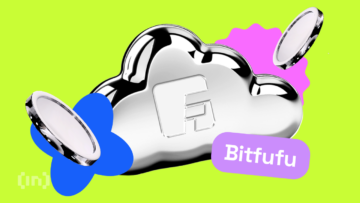Joining an Ethereum mining pool is a straightforward and effective entry point into the world of crypto mining. With numerous pools available, each offering solid returns and income from mining activities, the rising popularity and value of Ethereum have made these pools increasingly attractive and crowded with miners. Mining pools offer several advantages and benefits, though they may initially seem complex to comprehend. Let’s delve into some key questions about Ethereum mining to clarify this process.
What is an ethereum mining pool?

An ethereum mining pool is a collection of individual miners that combine their hash rates together to mine blocks on the ethereum blockchain. The reward for finding and mining a block is then shared among all miners in ethereum pools. By combining your collective hash power with other miners in a mining pool, your chances of successfully mining a block are considerably higher using solo or cloud mining methods.
Ethereum mining pools are usually categorized by three factors:
- Pool size – Larger pools have more chance of finding a block but offer smaller payouts
- Fees – How much the mining pool charge miners in management fees
- Payouts – The number of payouts and how often they should be expected
Ethereum crypto mining pools provide stable, less volatile payments than other methods, such as solo or cloud mining. These pools generate blocks faster, meaning more consistent rewards and payouts from your mining efforts. As you work collectively with other miners, you can collect a small portion of the entire pool’s Ethereum rewards more frequently.
Joining Ethereum mining pools also eliminates some of the major drawbacks of Ethereum mining, including high electricity costs, overheating issues, infrastructure to house hardware, a suitable environment to mine in, and loud noise issues.
Ethereum mining pools are located globally, with the most popular being located in Europe, Asia, and the U.S. All offer different rewards, pool fees, payout structures and pool sizes. If you’re looking to get started with Ethereum mining, check out our guides on how to mine Ethereum for profit and the best hardware to use.
What is the best ethereum mining pool?
With so many Ethereum mining pools available, it can be difficult to choose the best mining pool for your needs. The most popular pools have the highest number of miners and workers, as these pools can generate blocks much faster.
The largest Ethereum mining pool by sheer numbers is Ethermine. It utilizes approximately 22% of the network’s hash rate and is used by more than 300,000 miners and 780k workers. Ethermine charges a single 1% fee for all received ETH rewards and offers both mobile and desktop versions, making it accessible and affordable for first-time miners looking to get started.

The most popular Ethereum mining pool by hash rate is Sparkpool, which uses around 25%. It offers global mining nodes, compatibility with the leading hardware, and comes with a solid reputation for providing the most stable mining pool services and fair allocation of rewards.
Other popular providers include Nanopool and 2Miners, both of which have high amounts of miners and workers alongside leading hash rates.
What is an ethereum pool fee?
Ethereum mining pools distribute rewards via many different methods, each of which is determined by the specific pool you choose.
The fee is generally used to pay and reward the mining pool provider for their upkeep and maintenance of the pool. Ethereum pools can charge between 1%-3% as pool fees. The most popular pools tend to have lower fees of 1% to incentivize more miners to a particular pool.
Miners should consider how each pool shares its payments among members and what fees are charged for mining efforts. It’s also worth noting the reward structure, which can differ based on your contribution to the mining pool and how often you can collect rewards.
How long does it take to mine 1 ethereum?
By using this handy Ethereum mining calculator, you can calculate how long it will take to mine 1 ETH. As always, it’s entirely dependent on the quality and specifications of the hardware that you’re using.
If you’re using the best hardware possible, it could take anywhere between 30-60 days to mine one Ethereum. When using less powerful hardware, it could take anywhere between 60-90 days to mine one Ethereum.
It also depends on the pool you’re using and the reward structure that they use. Mining difficulty is often a factor that can affect the rewards you receive, so it’s always beneficial to monitor trends and stay up-to-date with pools to get the best performance from your mining operations.
The future of ethereum mining pools
Now that you understand the essentials of ethereum mining pools, it’s time to begin your journey. It’s important to remember that ethereum mining may soon become obsolete as the network transitions to a proof-of-stake system, rendering mining pools unnecessary.
However, as long as ethereum mining remains feasible and profitable, it’s always beneficial to explore new opportunities in the cryptocurrency space and embark on your own mining adventure. Best of luck, and enjoy your mining experience!
Frequently asked questions
Are mining pools profitable?
Are mining pools centralized?
Are mining pools safe?
How do I start Ethereum mining?
Can I use my phone to mine Ethereum?
How can I mine Ethereum and earn Money?
What is the reward for ethereum miners?
Disclaimer
In line with the Trust Project guidelines, the educational content on this website is offered in good faith and for general information purposes only. BeInCrypto prioritizes providing high-quality information, taking the time to research and create informative content for readers. While partners may reward the company with commissions for placements in articles, these commissions do not influence the unbiased, honest, and helpful content creation process. Any action taken by the reader based on this information is strictly at their own risk. Please note that our Terms and Conditions, Privacy Policy, and Disclaimers have been updated.



